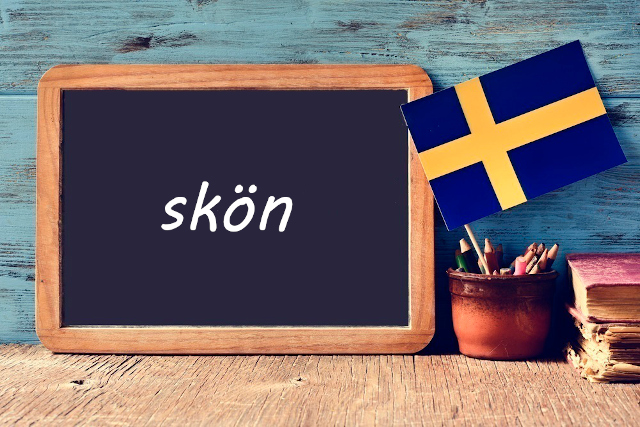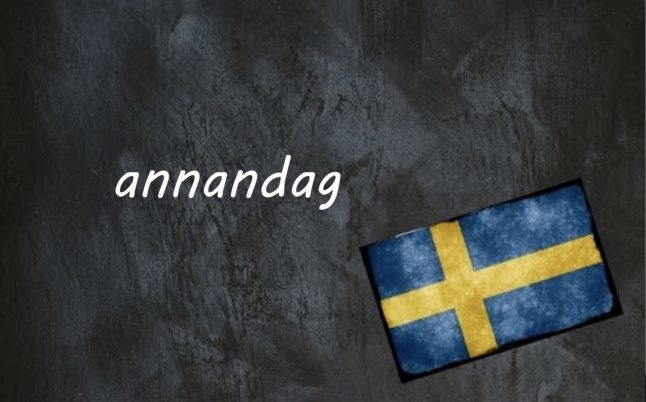Skön – as you may guess from its similarities with the German word 'schön' – comes from the Middle High German word 'schoene', and as many other Swedish words, it is short but with a huge variety of meanings.
Let's go through them, but first, let's talk about pronunciation.
The dreaded Swedish sj-sound (or in this case sk) is a so-called voiceless fricative phoneme which can be found in tongue twisters such as sju sköna sjuksköterskor. It is notoriously hard to pronounce for newcomers and it does not help that Swedes pronounce it wildly differently depending on where in Sweden they grew up.
It may help to think of the sj-sound (IPA: ɧ) as a breathy 'sh' or a sort of sigh through rounded lips. You can also click the audio symbol on the Swedish Academy dictionary website to listen to how to pronounce skön.
Here's what the sj-sound sounds like:
Skön means 'beautiful' and appears in compound words such as skönhet (beauty), skönmåla (painting something in a better light) or skönlitteratur (fiction). However, note that if you only want to refer to a person or scenery as beautiful, it is more common these days to describe them as vacker or even snygg.
If you do use the word skön to talk about a person, it will more likely be interpreted as a reference to their personality, that they are simply a nice and relaxed person to be around. I'm not a linguist, but I would imagine that someone who uses skön this way is the kind of person who also feels comfortable calling people 'dude' or 'Hi guys, I'm Emma and I'm going to be your server today, is everything all right for you guys?'*
Conversely, a person who is oskön (who I guess many might say is the kind of person who makes snarky comments about people who use the words skön or dude) is not very nice at all. The prefix o is often used in Swedish as a form of negation for adjectives, adverbs, verbs and nouns, similar to the English prefix 'un-'.
Skön is perhaps most often used to describe something that is pleasant to touch or just nice or refreshing in general. For example, vilken skön soffa ('what a comfortable couch'), det är skönt att duscha efter en löptur ('it's nice to shower after a run') or det skulle vara skönt med semester ('it would be nice to have a holiday').
Kattens päls är mjuk och skön (the cat's fur is soft and comfortable). Image: via GIPHY
Examples
Vad skönt att han gick, han var riktigt irriterande
What a relief that he left, he was really annoying
Det är skönt att ligga och dra sig på morgonen
It's nice to have a lie-in in the morning
Thank you to reader Prajakta Shirodkar for suggesting this word. Do you have a favourite Swedish word you would like to nominate for our word of the day series? Get in touch by email or if you are a Member of The Local, log in to comment below.



 Please whitelist us to continue reading.
Please whitelist us to continue reading.
Member comments